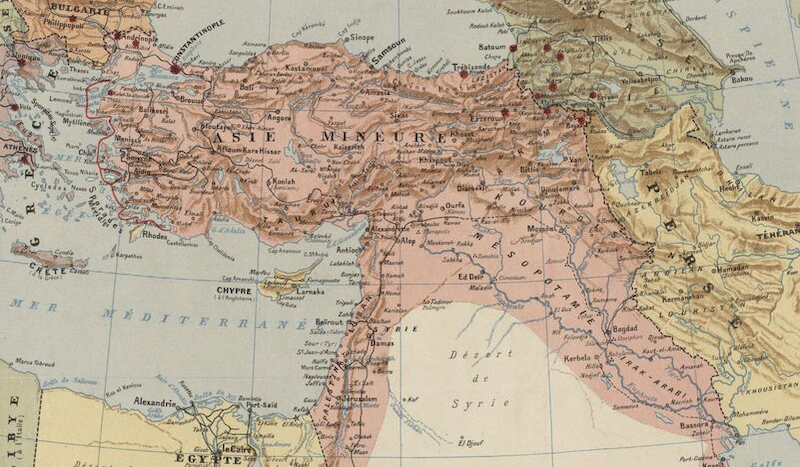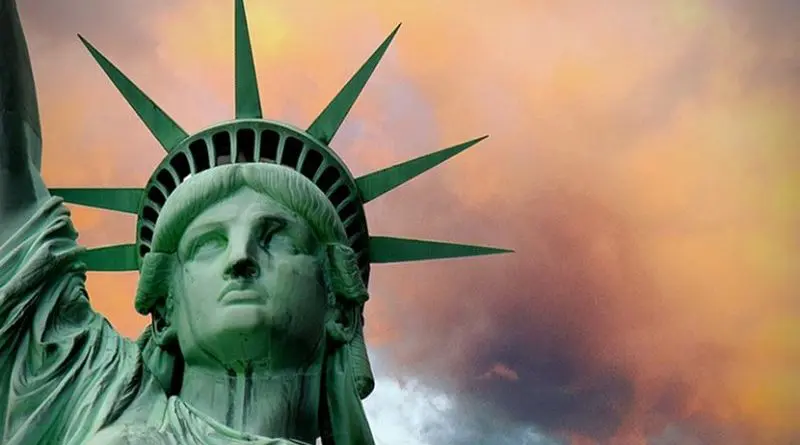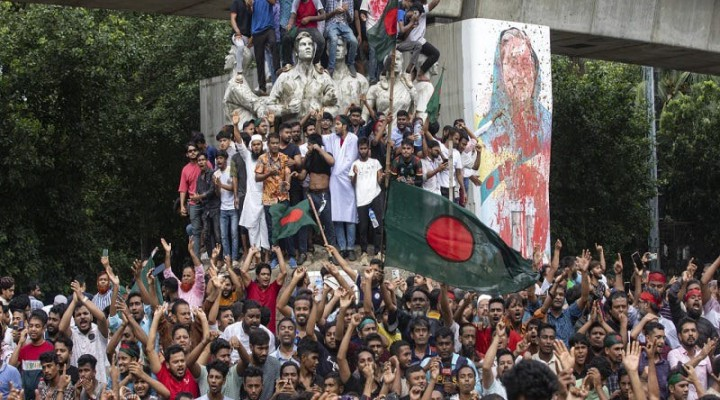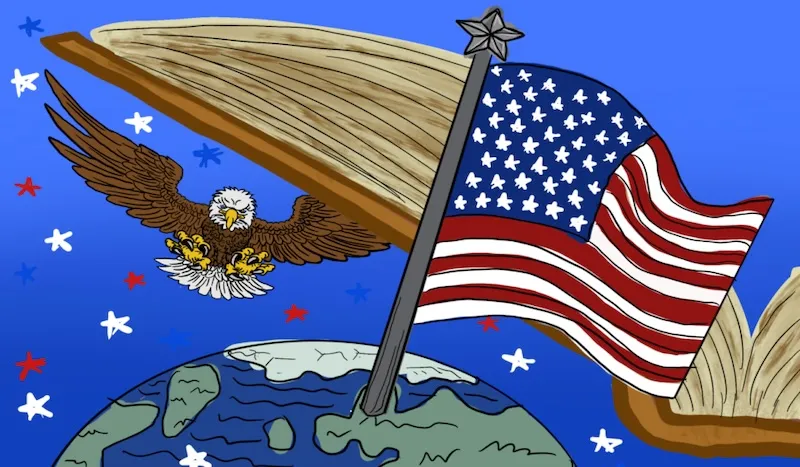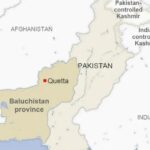
Balochistan is not just a story of issues and problems; but a story of hope and opportunities too.
Balochistan, the largest province in Pakistan, is one of the richest provinces in natural resources. It is geographically located in a very important region. Other than being a province, which is largest in area, Balochistan’s potential, is due to its untapped natural and mineral resources. Ironically however, Balochistan has always been depicted as a conflict-ridden province of Pakistan. This narrative essentially masks the true story of Balochistan, its potential and the progress that has been made in the past years. To get a clear picture of Balochistan, it is necessary to begin with an analysis of its demography.
The total population of Pakistan is nearly 242 Million and Balochistan has a population of nearly 12 Million. But not all these 12 million are ethnically Baloch. The province is a mixture of ethnic groups such as the Pashtuns, the Brahvi, the Hazara and many others. Besides, many Baloch people also live in other provinces of Pakistan including Punjab, Sindh and in urban centers including Karachi and Islamabad.
Balochistan, borders Iran for 909 kilometers, where Baloch are living as a minority ethnic group. Nevertheless, the concept of an independent Balochistan state encompassing both Iran and Pakistan remains to be inconceivable. Such stories are generally regarded as unattainable, even by their advocates, understanding that these are primarily political weapons for vested interests of Baloch sub nationalists.
The real story of Balochistan is hidden in its potential that can greatly help in the development of Pakistan. The province is endowed with several strategic advantages:
Connectivity: Balochistan strategically serves as a connectivity province. The Gwadar port, which is part of the CPEC, makes Balochistan a transit point for trade connectivity with West Asia, Central Asia, the Middle East and other regions. Proper construction of roads and rails in the province, can make it a trade and logistics hub of the region.
Mineral Wealth: Balochistan is endowed with minerals such as copper, gold and natural gas. The Reko Diq mine in Chagai District, is one of the largest copper and gold deposits in the world, yet to be developed. With proven reserves of 5. 9 Billion tons of ore, Reko Diq has the potential to earn a lot of revenues and create thousands of employment opportunities besides boosting the economy of the province and the country’s GDP.
Agricultural and Blue Water Economy: Balochistan has the potential of being an agricultural and fish producing province, due to the availability of arable land and sea coast. The Makran Coast presents a great opportunity for the development of a Blue Water Economy such as fishing, aquaculture and sea-borne trade. The expansion of these sectors can create employment for the people besides increasing food security in the area.
Human Capital: Balochistan people are hardworking, and do not give up easily. The human capital in the province can be developed to support the various economic sectors such as mining, agriculture and services if the right investments are made in education and skills development.
However, despite such strategic advantages, Balochistan has some challenges including the fact that the province has been in the crosshairs of inimical forces to destabilise Pakistan who wish to slow down its developmental process. Terrorist groups like Baloch Liberation Army (BLA) and Baloch Republican Army (BRA) have been involved in acts of sabotage, against development projects, employees and security forces. Their actions have increased security threats, making the cost of development projects triple or even quadruple, while making foreign investors to shy away. The depiction of Balochistan as a region with frequent conflicts further enhances the sense of insecurity among the investors and the stakeholders. Such attacks on security forces and civilians only worsen this perception and lead to a cycle of underdevelopment and insecurity.
In this context, it is important to note that Balochistan is not an outsider to Pakistan’s political map as the separatists would want the world to believe. Some of the political parties having sizeable presence in Balochistan include Pakistan People’s Party (PPP), Pakistan Muslim League-Nawaz (PML-N), Pakistan Muslim League-Quaid e Azam (PML-Q), and Jamiat Ulema-e-Islam (JUI) etc. Baloch leaders have also occupied important/ eminent posts / positions in the Federal Government such as Prime Minister and Chairman of Senate, which shows their role in the national political system. Furthermore, of the last 17 Chief Ministers (CMs) of Balochistan, many have been ethnic Baloch, which shows that the province is not only involved in regional administration but also contributes to the administration of the entire country.
One of the major issues of Balochistan is that it is very large in size but has a very low population density. The problem of communication and coverage is a major one since only 5% of the population of Pakistan lives in this area that occupies 44% of the territory of the country. This geographic dispersion makes governance and development a challenge since people feel that they are neglected or marginalized.
However, the few who are able to penetrate and expand their control and authority into Balochistan can decide on the narrative. The Federal and Provincial Governments must also keep on investing in infrastructure, education and health to reduce the gaps and address those, who may feel that they are being left out.
Balochistan has the potential to greatly contribute to the growth and stability of Pakistan, if the province’s geographical location, minerals, agriculture, and people are well harnessed. It is high time for all the stakeholders to understand this possibility and strive for the future, where Balochistan’s resources and population are effectively connected to the national and international economy. The development of the province remains to be important for its people and for the overall goal of a progressive and stable Pakistan




